Chili peppers are a popular food for their spicy flavor and health benefits, but they are not suitable for everyone and in every situation. Despite their many benefits, there are times when it is best to avoid consuming them for general well-being. In this article, we analyze the contraindications of chili peppers and the specific situations in which they could be harmful.
When not to eat chili peppers: the main contraindications
Chili peppers are known for their antioxidant and stimulating properties, but they can also cause discomfort or worsen certain medical conditions. Here are the main cases in which it is advisable to avoid them:
- Gastrointestinal problems: Those who suffer from gastritis, acid reflux, or ulcers should limit or avoid chili pepper consumption. Its spiciness can irritate the stomach lining and worsen symptoms.
- Intestinal Sensitivity: People with irritable bowel syndrome (IBS) or chronic inflammation of the intestines may experience worsening symptoms, such as abdominal pain or diarrhea. Also learn about the negative effects of chili peppers.
- Allergies and Sensitivities: Although rare, some people may develop allergic reactions to chili peppers, experiencing symptoms such as itching, swelling, or difficulty breathing.
- Cardiovascular problems: Those who suffer from arrhythmia or hypertension may be affected by the stimulating effect of chili peppers, which can temporarily increase blood pressure or heart rate. To learn more, read our article on high blood pressure chili peppers.
- Skin Conditions: Some individuals with rosacea or dermatitis may notice worsening of symptoms after consuming spicy foods, including chili peppers.
Specific Situations: When to Avoid Chili Peppers
In addition to medical conditions, there are circumstances in which chili peppers may not be the ideal choice. Let's look at them together:
1. During pregnancy and breastfeeding: Although chili peppers are not prohibited during pregnancy, it is best to consume them in moderation. They can cause heartburn or intestinal irritation, symptoms already common at this stage. Also, during breastfeeding, excessive consumption of spicy foods can alter the flavor of breast milk, annoying the newborn.
2. Before or after surgery: To avoid complications, it is best to avoid chili peppers in the days before or after surgery. Its ability to stimulate blood circulation could interfere with the healing process.
3. After drinking alcohol: Alcohol can irritate the gastric mucosa, and adding chili pepper could amplify this effect, causing burning or abdominal pain.
Side Effects of Excessive Chili Consumption
Excessive consumption of chili peppers can have side effects even on healthy people. Here are some examples:
- Burning and irritation: The active ingredient in chili peppers, capsaicin, can cause burning in the mouth, throat, and stomach. For more information, read our article on what chili peppers are good for.
- Diarrhea: The stimulating effect on intestinal motility can lead to episodes of diarrhea, especially in case of high consumption.
- Intolerance: Some people may develop a tolerance to chili peppers over time, requiring increasing amounts to achieve the same effect, increasing the risk of irritation.
How to Enjoy Chili Peppers Safely
If you want to include chili pepper in your diet without risks, follow these tips:
- Start in moderation: If you're not used to the spicy flavor, introduce chili peppers into your diet gradually.
- Alternate varieties: Try different types of chili peppers, such as fresh or in oil, to find the one that best suits you.
- Pair it with the right foods: Consume it with foods rich in fat, such as oil or cheese, which can tone down the sensation of spiciness.
- Consult your doctor: If you have any concerns or medical conditions, seek the advice of a specialist before consuming chili peppers.
Discover our chili pepper products, such as chili pepper in oil or fresh Calabrian chili pepper, to bring the taste and tradition of Calabria to your table in a safe and delicious way.

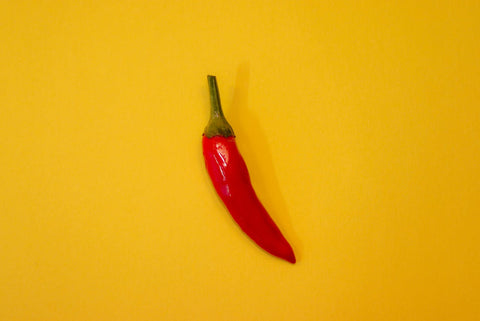

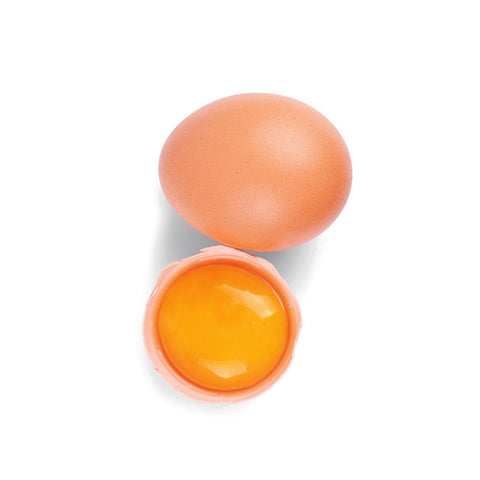
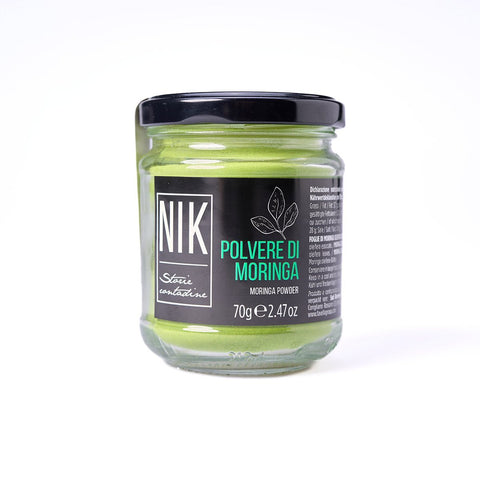
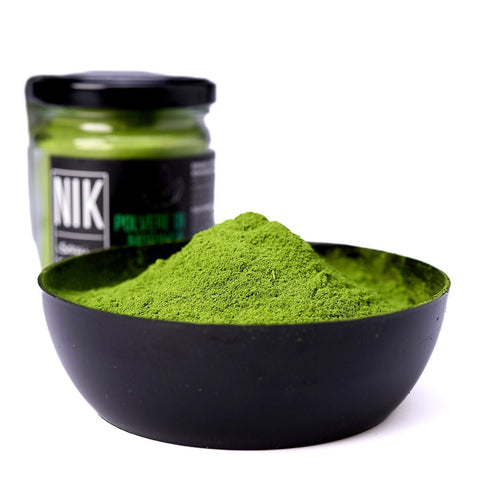
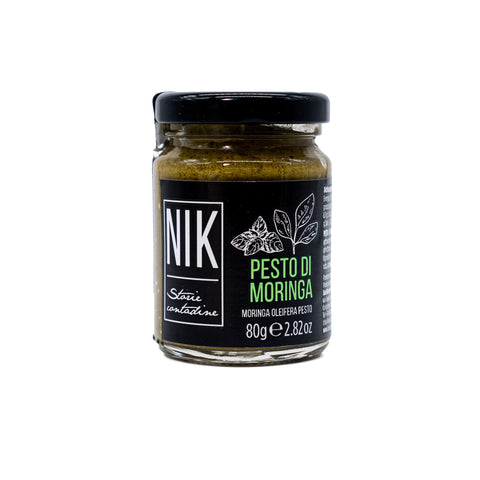
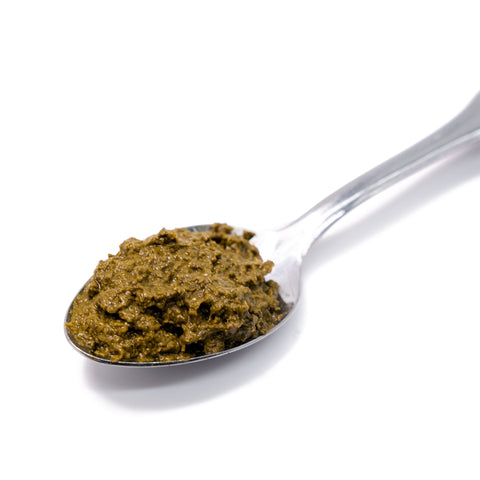
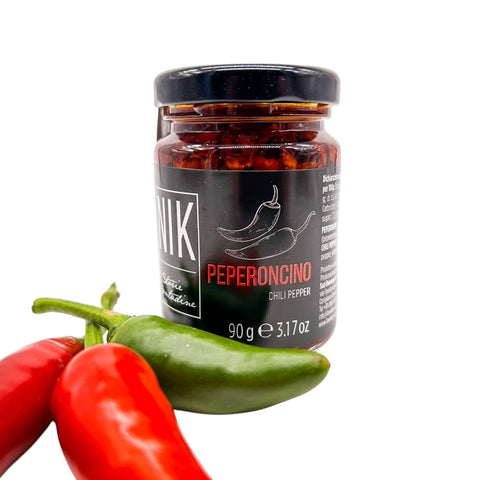
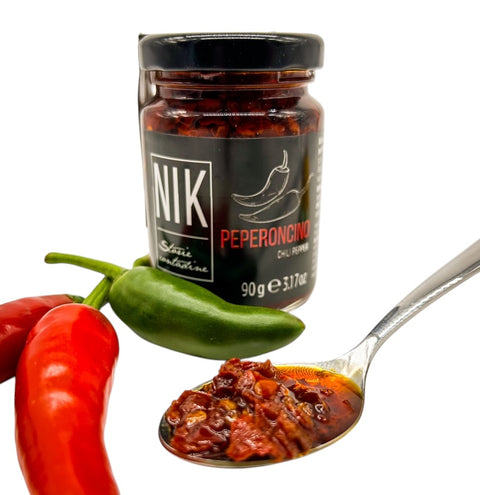
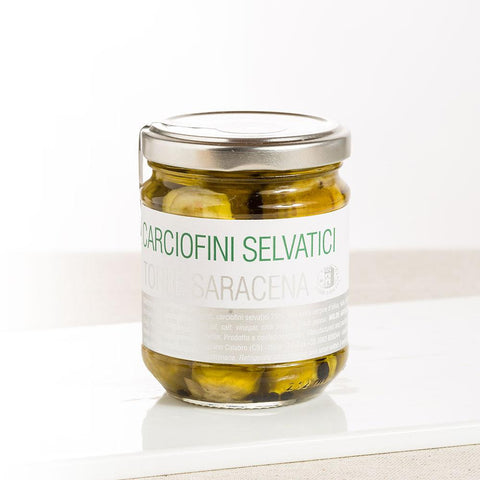
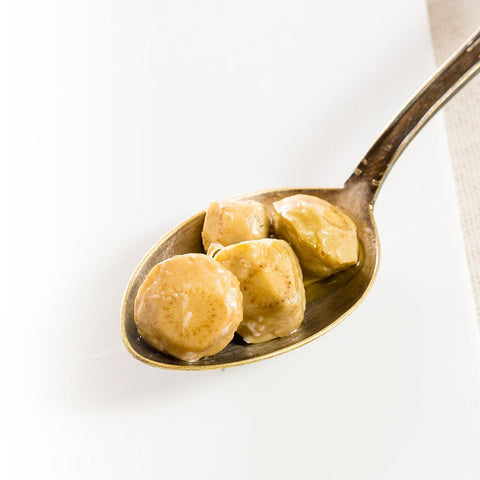
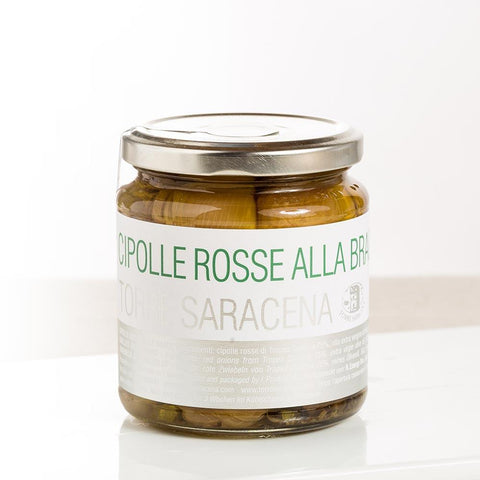
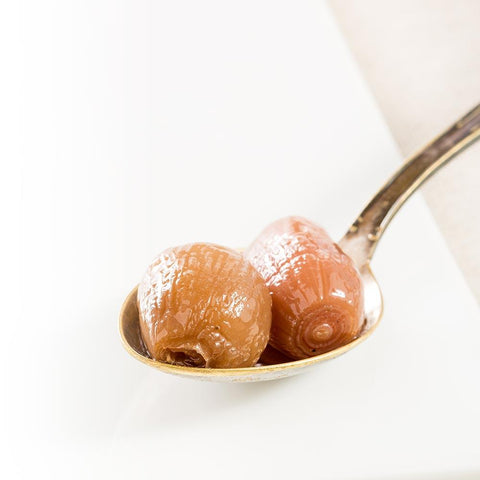
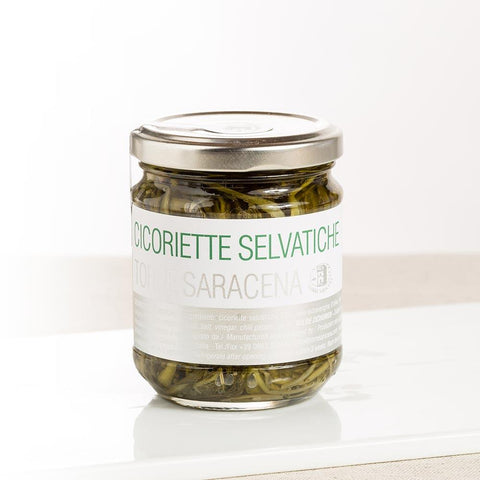
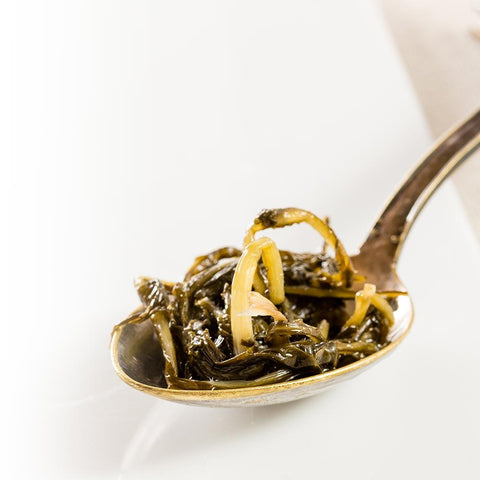
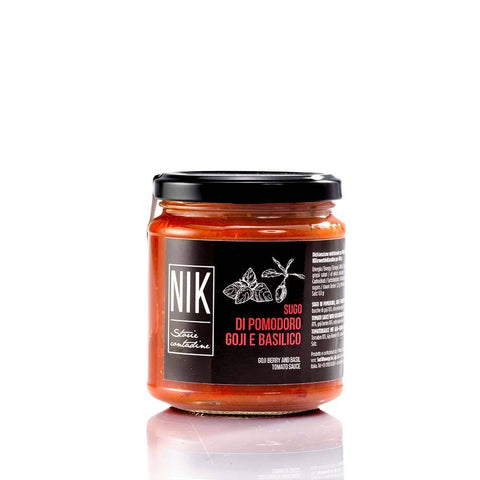
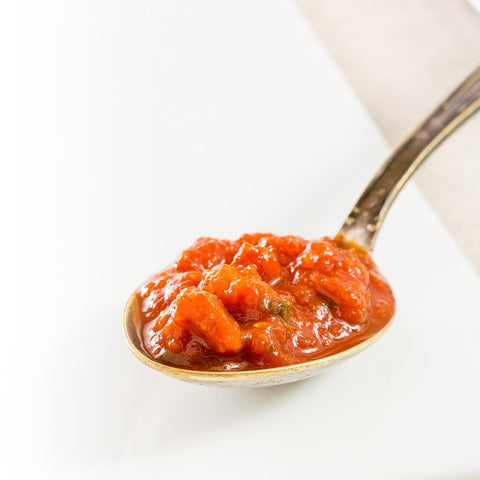
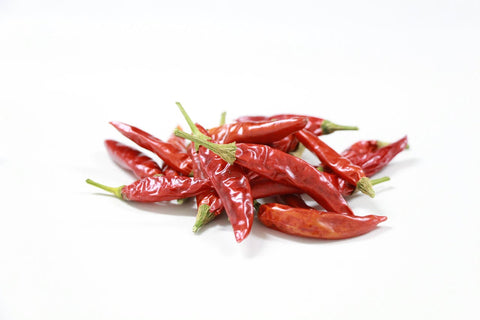
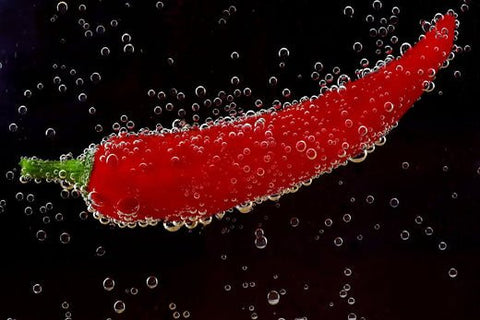
Comments (0)
There are no comments for this article. Be the first one to leave a message!